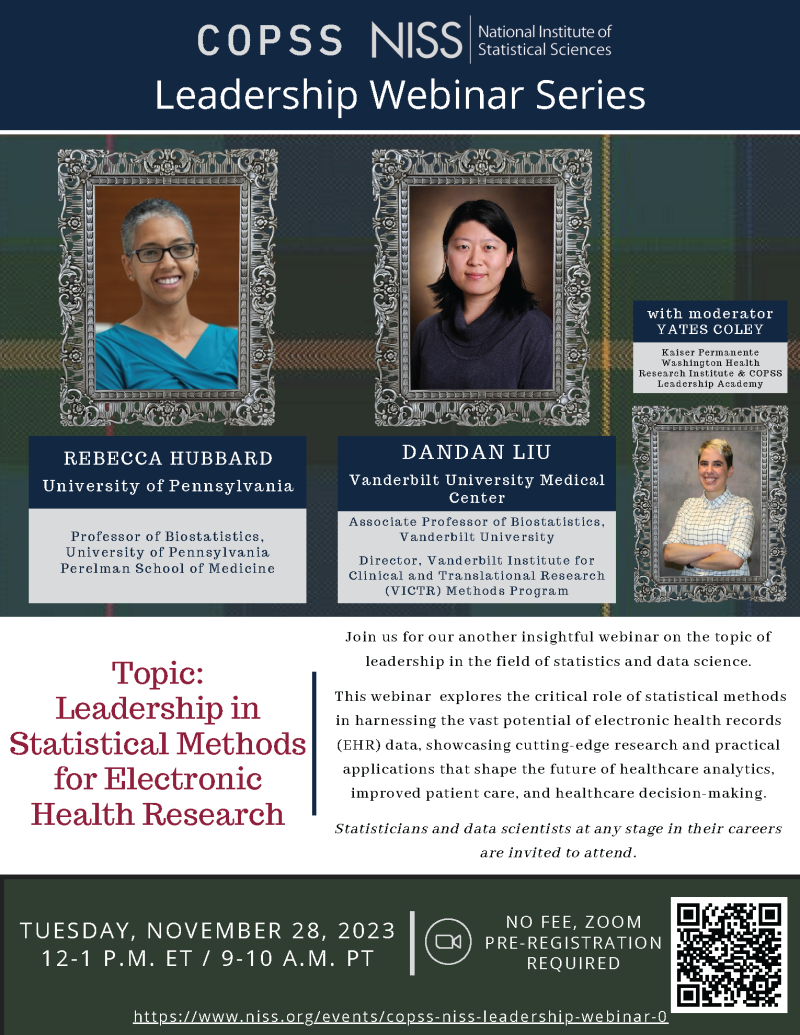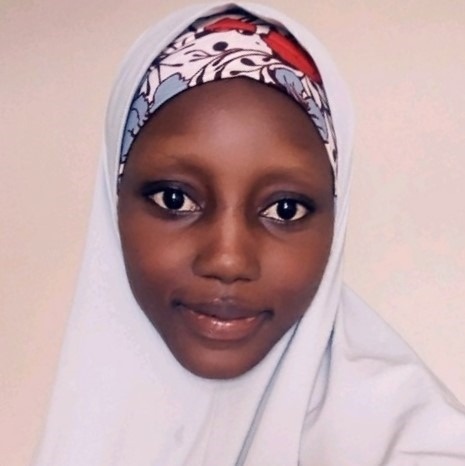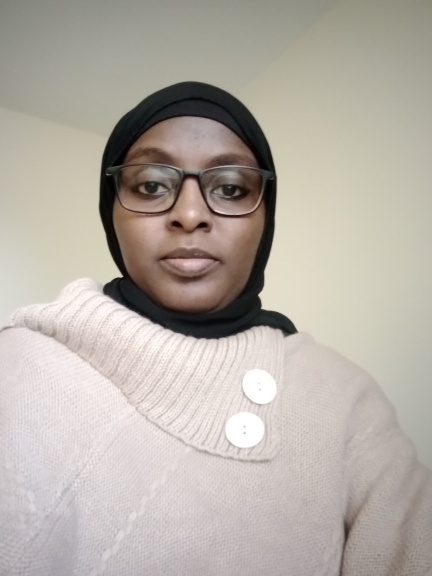Vanderbilt Biostatistics Supporting Landmark Genomics Partnership
In the global research community, anticipation is building for thousands of samples that will become available via BioVU in 2024. Our department is providing crucial technical and analytical support to this effort, with assistant professor Quanhu "Tiger" Sheng, senior IT project manager Dean Gibson, and VANGARD director Yu Shyr heading a team that includes cloud computing developers Milad Abbasi and James Grindstaff, statistical genetic analysts Joey Stolze and Marisol Ramirez-Solano, and application developer Hui Wu.
To learn more about the sequencing project, see the November 14 VUMC Reporter article: "Landmark academic-industry partnership harvests human genome 'fruits' for research."
Asiaee Approved for $1 Million for Study to Estimate Treatment Effects
Amir Asiaee, assistant professor of biostatistics, has been approved for a $1,059,943 funding award by the Patient-Centered Outcomes Research Institute (PCORI) for a methodology study on estimating treatment effects for specific patient subgroups.
"Improving Heterogeneous Effect Estimation by Integration of Experimental and Observational Studies" is among the latest methodology studies that PCORI has funded to address gaps in comparative clinical effectiveness research (CER) methods. These studies provide results that guide researchers in planning future studies and improve the strength and quality of evidence generated by CER.
With University of Minnesota's Jared Huling as co-principal investigator, Dr. Asiaee aims to combine data from both randomized controlled trials (RCTs) and observational studies to improve personalized treatment decisions. By developing new ways to analyze this data, the team hopes to improve the quality of evidence used to make treatment decisions, especially for patients with rare or unique responses to treatments. This could lead to more effective screening and better care delivery for patients. The methods will be tested using data from two large research projects, one focused on preventing childhood obesity and the other on the best aspirin dose for patients with heart disease.
“This study was selected for its potential to address a high-priority methodological gap in patient-centered comparative clinical effectiveness research,” said PCORI executive director Nakela L. Cook, MD, MPH. “Improving methods for conducting CER helps ensure this research generates sound, trustworthy evidence to help patients and those who care for them become more empowered decision makers. We look forward to following the study’s progress and working with Vanderbilt University Medical Center to share its results.”
The study was selected through a highly competitive review process in which patients, caregivers and other stakeholders joined scientists to evaluate the proposals. Dr. Asiaee's funding award has been approved pending completion of a business and programmatic review by PCORI staff and issuance of a formal award contract.
PCORI is an independent, nonprofit organization authorized by Congress with a mission to fund patient-centered comparative clinical effectiveness research that provides patients, their caregivers and clinicians with the evidence-based information they need to make better informed health and healthcare decisions.
Dandan Liu leadership webinar on November 28
On Tuesday, November 28, at 11 a.m. Central Time, Vanderbilt Biostatistics Data Coordinating Center co-director Dandan Liu (who occupies additional key roles - see her bio to learn more) will speak on "Leadership in Statistical Methods for Electronic Health Research" in a free webinar organized by the National Institute of Statistical Sciences (NISS) and Committee of Presidents of Statistical Societies (COPSS). Click the title to register. Statisticians and data scientists at any stage in their careers are invited to attend.

Introducing our 2023-2024 VN-BioStat fellows: Rukayya Alkassim
We are pleased to welcome Rukayya Alkassim to our department as one of the 2023-2024 fellows in our Vanderbilt-Nigeria Biostatistics Training Program (VN-BioStat). The program, which began last year, is a collaboration between the Department of Biostatistics, the Vanderbilt Institute for Global Health, and Aminu Kano Teaching Hospital (AKTH) in Nigeria. It aims to create a cohort of highly skilled Nigerian biostatisticians able to lead and supervise biostatistics activities for HIV research studies in West Africa.
Rukayya is one of this year's VN-BioStat trainees along with Safiya Sada Sani. Read more below about the work she'll be doing and her goals for the year.
Why did you want to join the VN-BioStat program?
I am passionate about biostatistics and its pivotal role in advancing healthcare and improving public health outcomes. My desire to join VN-BioStat is driven by a deep-seated commitment to the field of biostatistics and the belief that this program will equip me with the knowledge, resources, and collaborative opportunities necessary to effect meaningful change in healthcare research in Nigeria.
What kind of projects will you be working on?
I am excited to participate in the VN-BioStat program, which provides opportunities to contribute to HIV-related research and biostatistics. My involvement includes analysis support for ongoing research projects, leading a methodologically focused project, participating in a weekly HIV biostatistics dry lab, providing online biostatistics support to investigators, and supporting faculty enrichment training. These projects reflect the program's multidisciplinary and collaborative nature, contributing to the advancement of HIV-related research and biostatistics capacity in Nigeria.
What are you most looking forward to about your time here?
I'm thrilled about the VN-BioStat program for its unique blend of learning, collaboration, and impact. It offers opportunities to expand my knowledge, work with diverse researchers, make a difference, grow professionally, and build lasting relationships.
What do you think will be the most challenging?
I'm enthusiastic about participating in the VN-BioStat program, but I anticipate facing some challenges, including data complexity, cross-cultural collaboration, publishing research, balancing responsibilities, and adaptation to new environments. However, I view these challenges as valuable learning opportunities and am committed to proactively addressing them by seeking support and guidance from mentors, continuously improving my skills, and embracing the opportunity to grow personally and professionally.
What skills are you hoping to learn that you can bring back home?
Participating in the VN-BioStat program will help me develop my skills including advanced biostatistical techniques, data management and analysis, research methodology, mentorship, cross-cultural competence, and project management. I aim to use these skills to make significant contributions to the field of biostatistics and healthcare research in Nigeria, with the long-term goal of leading and participating in research projects that improve the well-being of the Nigerian population.

Introducing our 2023-2024 VN-BioStat fellows: Safiya Sada Sani
We are pleased to welcome Safiya Sada Sani to our department as one of the 2023-2024 fellows in our Vanderbilt-Nigeria Biostatistics Training Program (VN-BioStat). The program, which began last year, is a collaboration between the Department of Biostatistics, the Vanderbilt Institute for Global Health, and Aminu Kano Teaching Hospital (AKTH) in Nigeria. It aims to create a cohort of highly skilled Nigerian biostatisticians able to lead and supervise biostatistics activities for HIV research studies in West Africa.
Safiya is one of this year's two VN-BioStat trainees. Read more below about the work she'll be doing and her goals for the year.
Why did you want to join the VN-BioStat program?
I joined the VN-BioStat program because I am a statistician very much interested in biomedical research. I was looking for an opportunity to become a true biostatistician.
What kind of projects will you be working on?
HIV-related research projects using data mainly from Aminu Kano Teaching Hospital (AKTH), Kano, Nigeria.
What are you most looking forward to about your time here?
I look forward to collaborating with other researchers and scientists, which would be a first time for me. I see this as an opportunity for continuous learning, which would ensure my personal and professional growth.
What do you think will be the most challenging?
What I found most challenging, especially soon after my arrival, was the fast-paced approach used in VUMC to disseminate knowledge. It is not what I am used to. I found the weekly homework/assignments (which are more like a whole month's assignment) quite daunting. These all needed some getting used to, and I am happy that I am slowly easing up to these and am quite enjoying them. I think it is all for the best because, no doubt, I shall emerge a better statistician by the end of it all.
What skills are you hoping to learn that you can bring back home?
Improved analytical skills. I am sure to gain valuable and advanced skills in statistical methods, data analysis, and interpretation of real-world problems. That way I can contribute to public health and medical advancements. Also, since I am here to tap into the wealth of knowledge that abounds in VUMC, my training is sure to add value to the Department of Statistics, Ahmadu Bello University (ABU), Zaria, where I engage in teaching and project supervision.

2022 Departmental Award Winners
We are pleased to recognize the following winners of our 2022 Departmental Awards.
Linda Stewart Analysis Report Award: Awarded annually to recognize an exceptional applied analysis report written by a staff biostatistician in our department.
Winner: Trey McGonigle for "The developmental trajectory of diurnal cortisol in autistic and neurotypical youth"
IT Innovation Award: Awarded annually to recognize exceptional work from a member or members of the IT team and potentially the team they work with.
Winner: Will Gray for the "development, maintenance, and continued improvement of Shiny Apps to display results from multiple prediction models”
-
Predicting autoimmune disease: https://cqs.app.vumc.org/shiny/AutoimmuneDiseasePrediction/
-
Predicting pressure injuries in the adult hospital: https://cqs.app.vumc.org/shiny/PressureInjuryPrediction/
-
Predicting blood clots in the children’s hospital: https://cqs.app.vumc.org/shiny/PediatricVTEPrediction/
Patrick Arbogast Collaborative Publication Award: Awarded annually to recognize an exceptional collaborative publication from a biostatistician or team of biostatisticians in our department.
Winners: Jing Wang and Qi Liu for “PAX3-FOXO1 coordinates enhancer architecture, eRNA transcription, and RNA polymerase pause release at select gene targets" published in Molecular Cell
Methods Publication Award: Awarded annually to recognize an exceptional methodological publication from a biostatistician or team of biostatisticians in our department.
Winners: Qi Liu, Chih-Yuan Hsu, and Yu Shyr for “Scalable and model-free detection of spatial patterns and colocalization” published in Genome Research